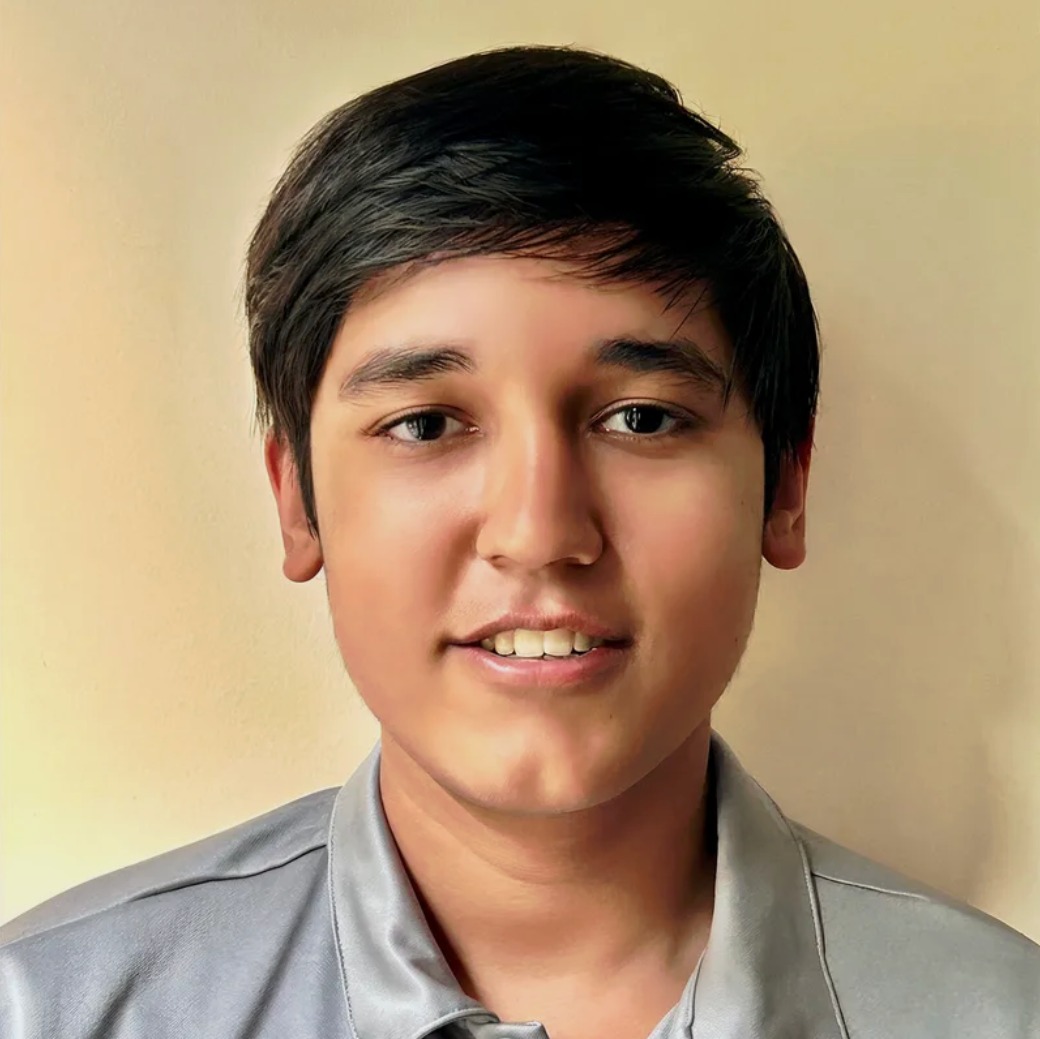Systemic Barriers to Spanish-English Medical Interpretation in Georgia Hospitals: Impacts on Equity, Safety, and Quality of Care
Project by Polygence alum Ronak

Project's result
My project resulted in a comprehensive research paper analyzing how systemic and institutional factors influence the accessibility and effectiveness of Spanish-English medical interpretation services in U.S. hospitals. I conducted an extensive literature review and collected survey data from interpreters, providers, and administrators to identify major barriers to equitable language access. The project produced policy recommendations to strengthen interpreter programs and improve communication in healthcare settings. I also presented my findings at the Polygence Symposium of Rising Scholars, highlighting the importance of language equity in public health.
They started it from zero. Are you ready to level up with us?
Summary
Language access to health care is legally mandated and essential for equitable, high-quality, safe care. With more than 25 million people in the U.S. considered Limited English Proficient (LEP)—two-thirds of whom are Spanish speakers—interpretation services are crucial (Haldar, Pillai, & Artiga, 2023; MACPAC, 2024). Yet hospitals often prioritize less expensive virtual options over in-person services (Jacobs, Shepard, Suaya, & Stone, 2004). This research examines how system-level decisions influence Spanish-English interpretation in hospitals. Based on surveys of 20 interpreters, five providers, and interviews with four Georgia hospital systems (referred to as Health Systems 1–4), it reports staffing shortages, a lack of cultural competency training, and workflow integration problems. Interpreters are frequently excluded from urgent care due to budget and scheduling barriers. Overreliance on virtual platforms negatively affects communication, particularly in high-stakes situations. Without stronger enforcement, investment, and policy change, Spanish-speaking patients will continue to face care gaps. Hospitals must prioritize interpretation at every step of care, not treat it as a checkbox.

Breanna
Polygence mentor
MPH Master of Public Health
Subjects
Psychology, Biology
Expertise
Public Health, Psychology, Sociology, Politics
Check out their profile

Ronak
Student
My name is Ronak Aggarwal, and my project is on the accessibility and effectiveness of Spanish-English medical interpretation services in U.S. hospitals. I chose to work on this project because language barriers directly affect patient care and health equity, especially for Spanish-speaking communities in Georgia and across the U.S. After my project is complete, I would like to publish my research and advocate for policies that expand interpreter access and improve communication in healthcare settings.
Graduation Year
2028
Project review
“My experience with this project was both challenging and rewarding. I gained a deeper understanding of how language access impacts patient outcomes and the complexities of healthcare systems. Conducting surveys and reviewing real hospital policies helped me connect academic research to real-world issues. Overall, this project strengthened my passion for medicine, public health, and advocating for more equitable healthcare communication.”
About my mentor
“My mentor was thoughtful, encouraging, and offered detailed feedback that helped me improve my writing and analysis. She was especially helpful in guiding me through the structure of an academic paper and thinking critically about my findings. If you’re looking for someone who’s patient, responsive, and good at helping you refine your ideas, she’s a great mentor to work with.”
Check out their profile